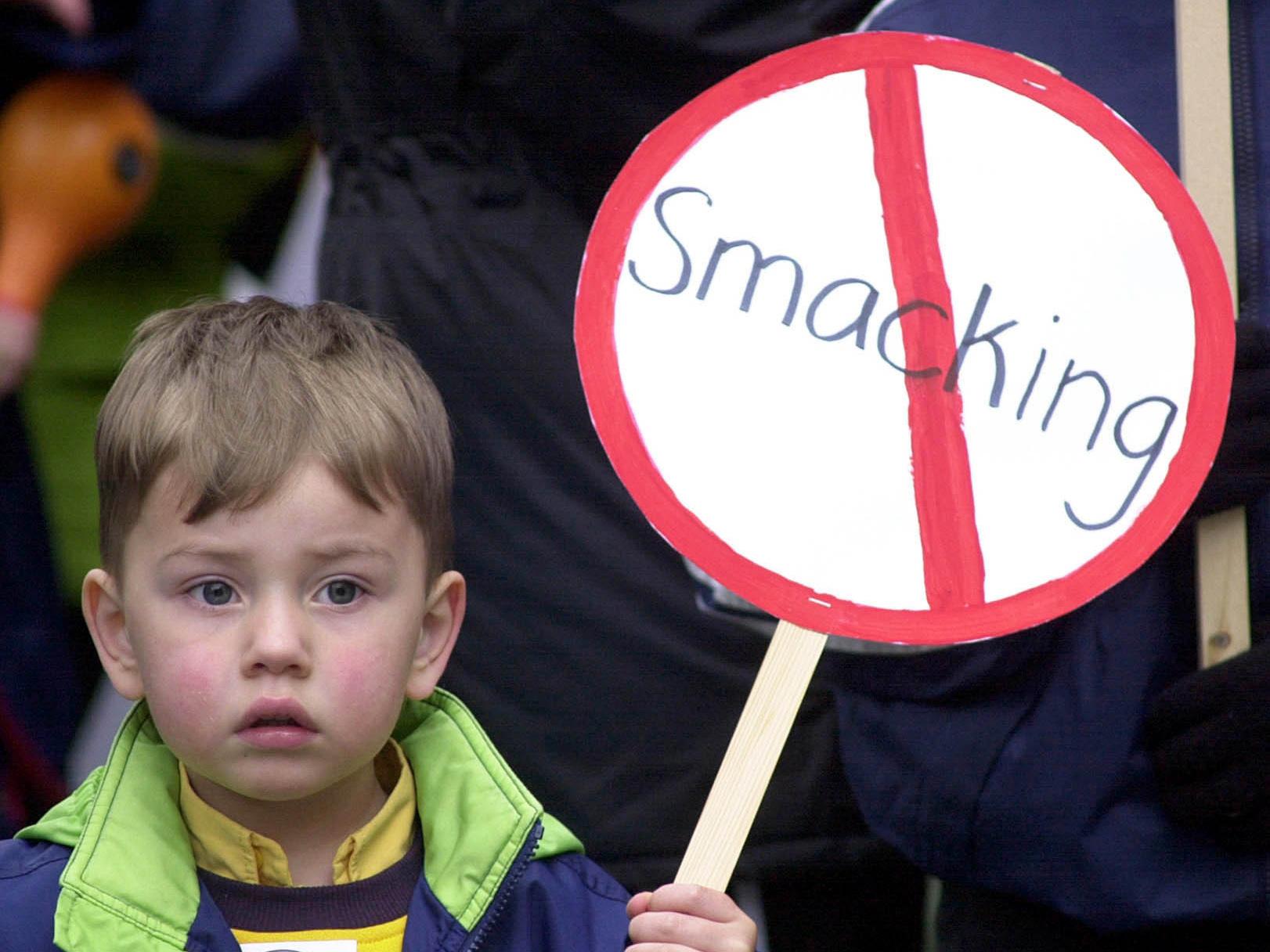Bans on smacking children linked to lower violence among teens, study suggests
'Country prohibition of corporal punishment is associated with less youth violence'

Bans on smacking children are linked to less violence among teenagers, according to a new review.
Using physical force to correct or control a child’s behaviour remains legally and socially permitted in many countries.
But corporal punishment has been linked to negative outcomes for children, including aggressive behaviours, mental health problems and academic issues.
In a new study, researchers assessed levels of youth violence both in countries which permit corporal punishment and those which do not.
The research, published in the journal BMJ Open, examined data on more than 400,000 youngsters from 88 countries.
Researchers studied data from surveys which included information on children’s levels of physical fighting – with four episodes or more in the past year deemed to be “frequent fighting”.
This was then compared to a number of measures, including whether or not a country had a corporal punishment ban.
Thirty countries had implemented a full ban on corporal punishment at school and at home; 38 had a partial ban and 20 had no bans in place.
Frequent fighting was more common among males and rates varied significantly across countries.
In countries where full bans were in force, the prevalence of physical fighting was 69 per cent lower among young men and 42 per cent lower among young women than it was in countries without any ban, the authors found.
Among countries operating a partial ban, including the UK, there was no significantly reduced rate of frequent fighting among males – the rate was only lower among younger women.
The international team of researchers, led by Canadian experts, concluded: “Country prohibition of corporal punishment is associated with less youth violence.
“Whether bans precipitated changes in child discipline or reflected a social milieu that inhibits youth violence remains unclear due to the study design and data limitations.
“However, these results support the hypothesis that societies that prohibit the use of corporal punishment are less violent for youth to grow up in than societies that have not.”
In September, school psychologists called for a full ban on corporal punishment, saying that smacking is harmful to children’s mental health.
Hitting children to discipline is banned in schools, although parents and carers can legally smack children lightly in the home if it is “reasonable punishment”.
The Association of Educational Psychologists called on the UK government to “acknowledge that physical punishment can have negative long-term effects on a child’s development” and is ineffective as a method of discipline.
It is also calling for the “reasonable punishment” defence to be removed from the Children Act 2004, which critics say goes against the United Nations Convention on the Rights of the Child.
Legislation aimed at completely banning the smacking of children is currently being considered by the Scottish Parliament while the Welsh Government is also moving towards an outright ban.
PA
Join our commenting forum
Join thought-provoking conversations, follow other Independent readers and see their replies
Comments
Bookmark popover
Removed from bookmarks